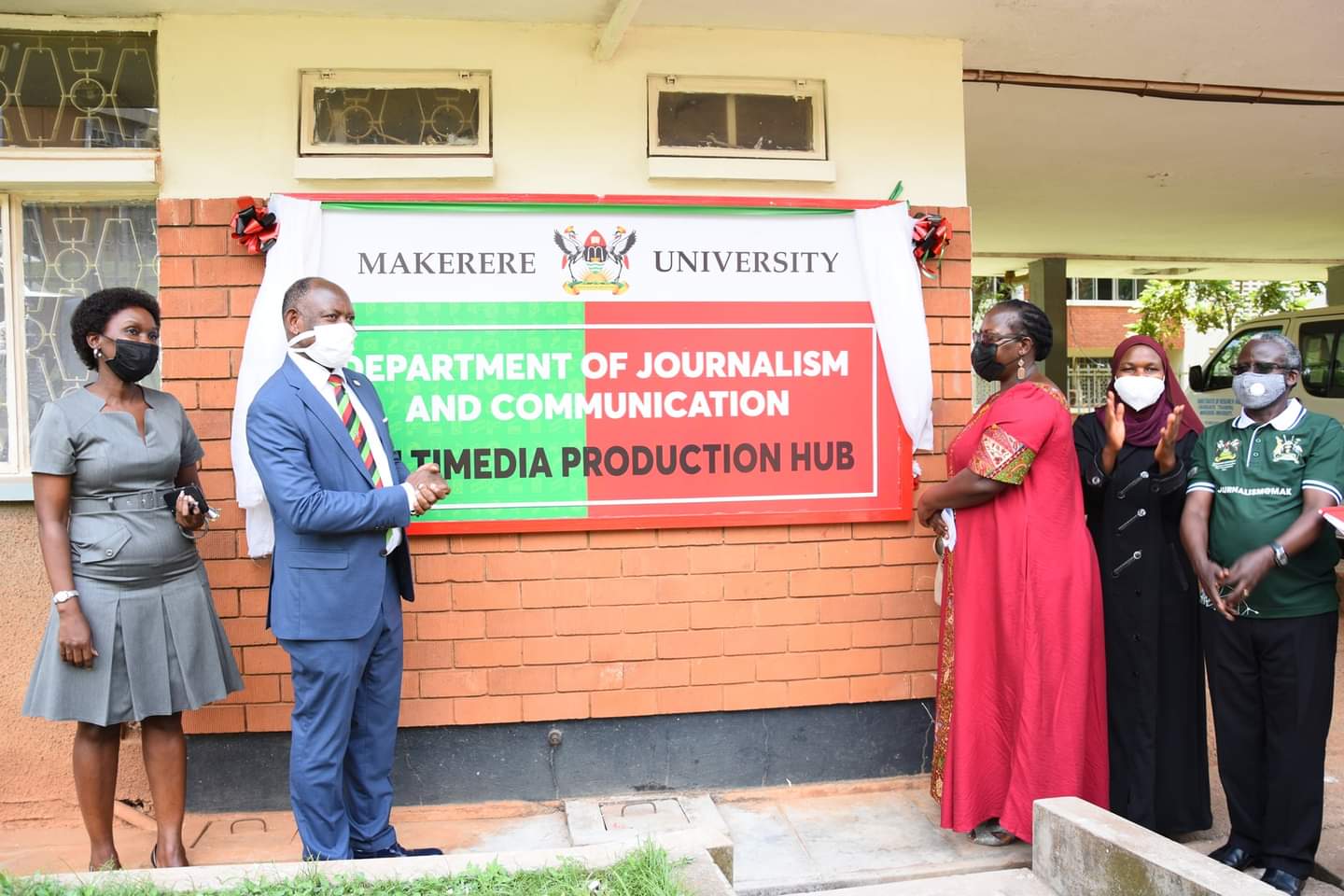Martha Nakayiza
The Academic sector statutory regulator, National Council for Higher Education (NCHE) has declared over 2,000 programmes taught at 47 public and private universities in the Country expired, deeming a good number of undergraduate and graduate programmes pursued at these institutions null and void.
According to academic technocrats, an expired programme in this case is a degree or diploma course not duly accredited for teaching by the National Council for Higher Education. Such qualifications are “legally and technically null and void”. Said Prof Eli Katunguka, Chairperson of the Board at NCHE.
NCHE was established by an Act of Parliament to implement the Universities and Other Tertiary Institutions Act, 2001. The act mandates the regulatory body to guide on the establishment of institutions of higher learning, their licensing as well as accreditation of their academic programmes.

On its website, NCHE entails three categories: “expired”, eluding to unaccredited; “active”, meaning authorised to be taught; and “under review”, implying accreditation decision pending.
It should be noted that majority of the expired courses were accredited for five years from March 2010, or earlier, meaning they ought to have been reviewed and re-accredited by or before early 2015.
High placed sources assert that an institution intending to teach a particular academic programme submits a proposal to NCHE. The Council then bases its approval on conformity of specified admission criteria to the law, suitability of the course components in fulfillment of knowledge and skill requirement for intended academic award and whether staffing, facilities and equipment are sufficient.
Degree programmes are to be regularly reviewed, in this case every five years, to incorporate any new knowledge or technology likely to affect delivery of teaching and learning. Reviews also aim at ensuring staff level often affected by brain drain, further studies and death are commensurate to the course requirements.

Section 119A and the accompanying statutory instrument oblige degree-awarding institutions to ensure that they, alongside their academic programmes, are accredited by the regulator.
However, a press release by NCHE indicates that up to 2,260 courses being taught at the 47 public and private universities expired close to a dozen years ago, raising questions as to why the institutions were adamant not to comply.
Makerere University has the highest number of courses categorised on NCHE website as “invalid” at 159, followed by Nkumba University with 75.
Tied at 63 is Bugema and Bishop Stuart universities before Kabale University’s 59. Mbarara University of Science and Technology coincides with Cavendish University at 34.
Others include; Busitema 28, Makerere University Business Schools or Mubs (25), Mountains of the Moon University in Fort Portal (18), All Saints University Lango (14), Ankole Western University (4), and Avance International University (5).
Aga Khan University, Apex International University and Clark University are not affected.

It is certainly clear that students who undertook the courses before they expired are safe. Those who graduated with or are offering courses that are expired might have their qualifications not recognised.
In an interview yesterday, Prof Eli Katunguka, the chairperson of the Board at NCHE, who also doubles as the vice chancellor of the affected Kyambogo University said some institutions failed to re-accredit programmes because the exercise is expensive.
“Every course unit under a programme is accredited at Shs700, 000, meaning a degree programme with ten units costs Shs7m to be accredited, It is hard fir Universities to find this money. ” Said Prof. Katunguka while appearing on Nbs live at 9.
He adds that , “Kyambogo University applied for review of 74 programmes and we are required to pay Shs60m.Where shall we get all this money?”.

The nullification of programmes has put the future of thousands of current students and recent graduates at Ugandan universities is danger after it emerged that courses they are pursuing, or completed, are “expired”.
The crisis came to lime light after the University of Bristol in the United Kingdom reportedly declined to admit an alumna of Makerere University, who had studied a Bachelor of Biomedical Laboratory Technology, to pursue an advanced degree.






















Discussion about this post